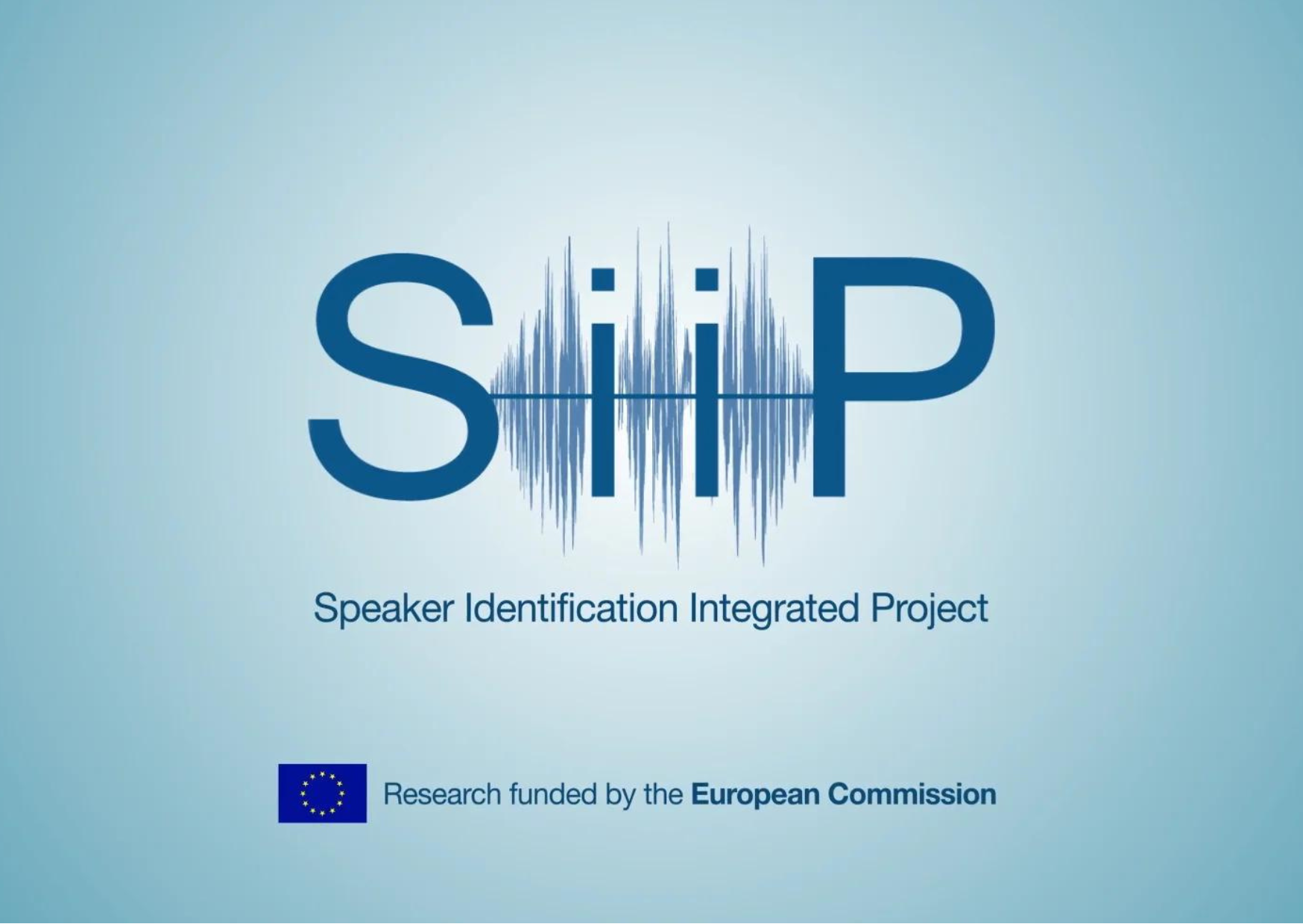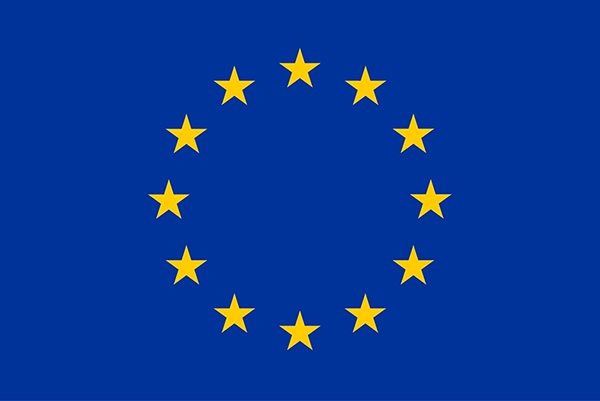SIIP – Speaker Identification Integrated Project


The SIIP project was funded by the European Union’s Seventh Framework Program for research, technological development and demonstration under grant agreement No. 607784.
Advancing Voice Recognition for Law Enforcement
The Speaker Identification Integrated Project (SIIP) was a consortium project aimed at revolutionizing voice recognition technology for law enforcement purposes. This project, which ran from 2014 to 2018, involved a collaborative effort among 19 international partners, including end-users, industry leaders, and academia, contributing to the fight against crime and terrorism.
Overview
SIIP was developed to address the critical need for rapid identification of suspects’ voices and the isolation of conversations of interest in various law enforcement scenarios, such as match-fixing investigations, ransom cases, and counter-terrorism efforts. The project played a pivotal role in advancing speaker identification technology, enabling its application on different sources, including the Internet, social media, and both fixed and mobile telephones involved in lawful interceptions.
Key Features
- Voice Recognition Engine: SIIP focused on developing a robust speaker identification engine capable of efficiently analyzing voice samples from diverse sources, aiding in the identification of criminals and terrorists.
- Comprehensive Identification: In addition to voice recognition, the SIIP system extended its capabilities to identify gender, age, language, accent, and detect voice cloning, providing a comprehensive set of tools for law enforcement agencies.
- Future Integration: SIIP paved the way for future integrations with other biometric technologies, envisioning a comprehensive approach that combines speaker identification with fingerprint and facial recognition, facilitating checks against related databases.
INOV Participation
Recognizing the sensitivity of speaker identification technology, the SIIP project delved into operational, technical, forensic, legal, and ethical perspectives. INOV – INESC Inovação actively contributed to ensuring the technology’s compliance with the operational needs and requirements defined by the law enforcement community across member countries. Our role particularly emphasized legal aspects, guaranteeing alignment with existing national legislations, and upholding privacy and data protection laws, including INTERPOL’s Rules on the Processing of Data.
